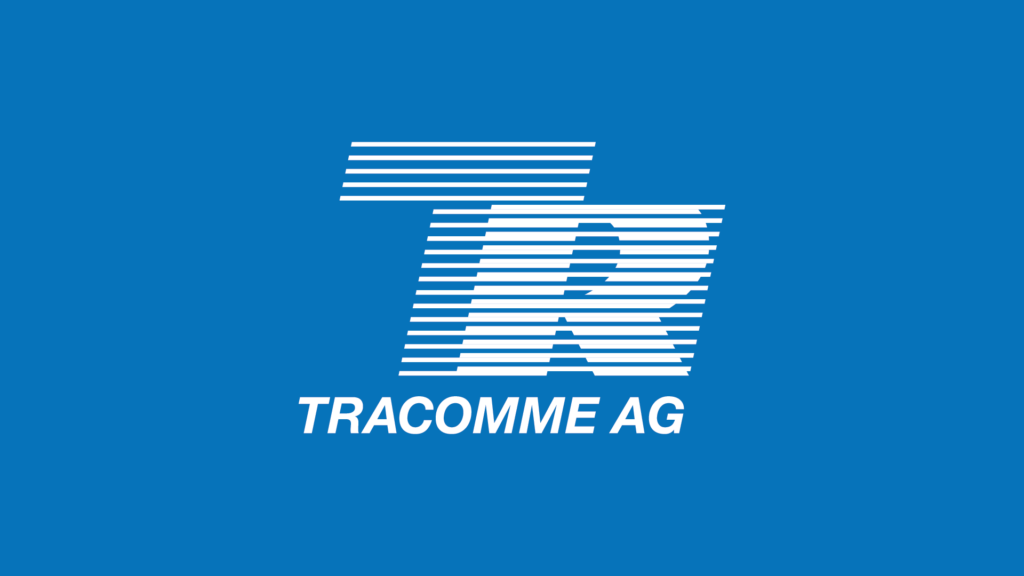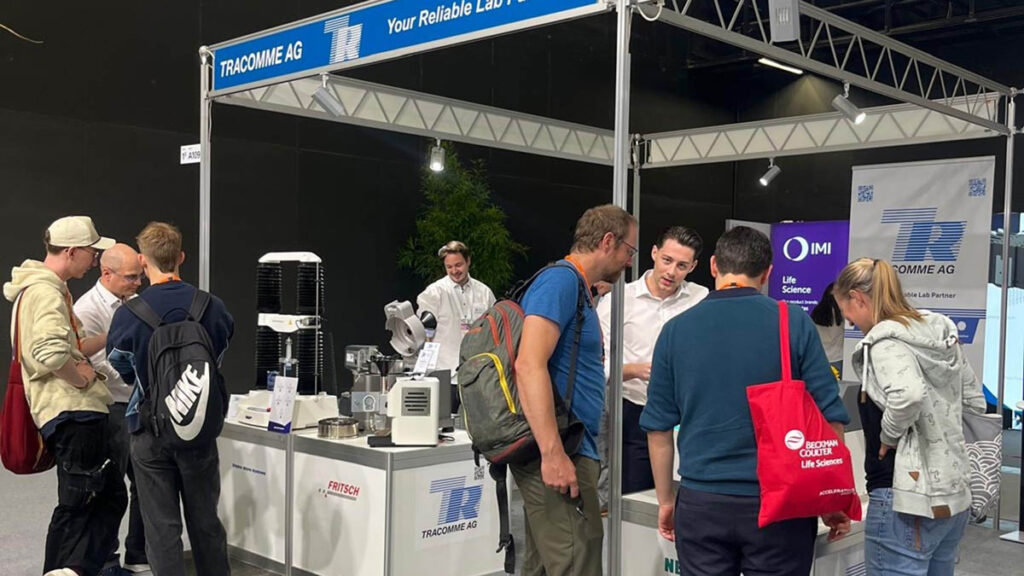Material Characterisation
Revealing Material Secrets: Advanced Characterization Solutions by TRACOMME AG
Material characterization techniques are used to determine various properties of materials, including their physical, surface, and mechanical properties. Thermal analysis techniques, such as differential scanning calorimetry and thermogravimetric analysis, can determine thermal properties such as melting point, glass transition temperature, and thermal stability. Rheology techniques, such as dynamic mechanical analysis, rheometers, can measure the mechanical properties of a material, including its elasticity and viscosity. Texture analysis techniques can provide information about a material’s mechanical properties, including hardness and brittleness. Choosing the right instrument for material characterization is crucial to ensure accurate and reliable results. Investing in service and maintenance from the right local partner is also important to protect the investment by ensuring that the instruments are properly maintained and calibrated. This leads to consistent and trustworthy results. By selecting the appropriate instrument and investing in service and maintenance, researchers can obtain high-quality data that can contribute to advancements in their field and maximize the value of their research investment.



